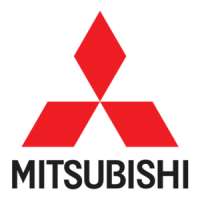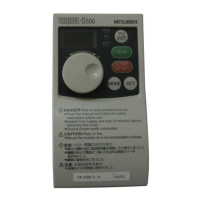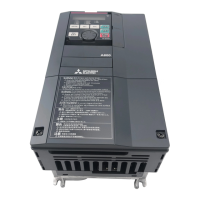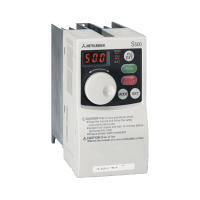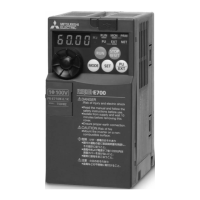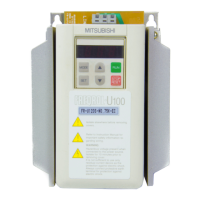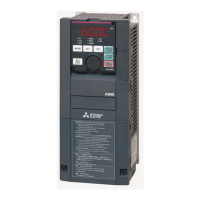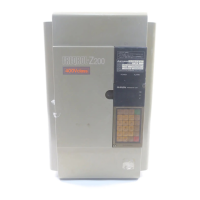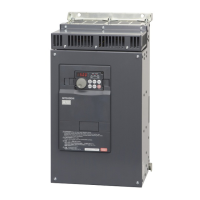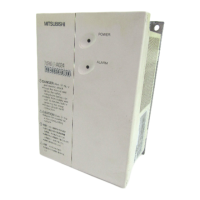PROTOCOL-SPECIFIC INFORMATION
• Inverter registers can be addressed as holding registers (4X references) and input registers (3X
references).
• Specific bits within inverter registers can be accessed as either coils (0X references) or discrete
inputs (1X references).
• Write data checking is not available (refer to section 4.2.) For example, if a write is performed to a
register with a data value that is out-of-range of the corresponding parameter object, no Modbus
exception will be immediately returned.
• The “unit identifier” (UI) field of the request packets is ignored and is echoed in the response.
• Modbus/TCP should not be confused with Modbus (serial) over TCP. Modbus over TCP is not
compatible with Modbus/TCP and is not supported.
• The driver can be configured to detect a timeout (communication loss) and perform a timeout action.
9.1.2 Holding & Input Registers
The inverter registers by default are mapped as both holding registers (4X) and input registers (3X), and
are accessed by using the inverter register numbers described in section 4.1. The 4X and 3X only serve
as a naming convention for holding register and input register respectively, and should NOT be included
as part of the actual on-the-wire register number. To further clarify, Modbus register 40201 is the same
as Modbus holding register 201. The same description applies to input registers (3X).
For example, from a Modbus/TCP master’s point of view, in order to access the output frequency
(register 201) as a holding register, the Modbus/TCP master must execute the Read Multiple Registers
function code and target register 201. This will similarly apply when accessing an inverter register as an
Input Register.
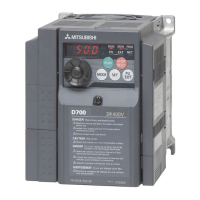
